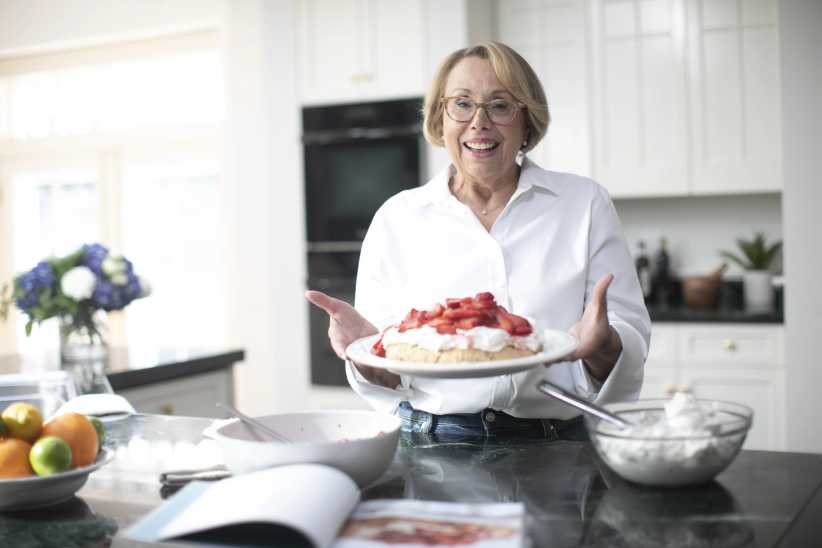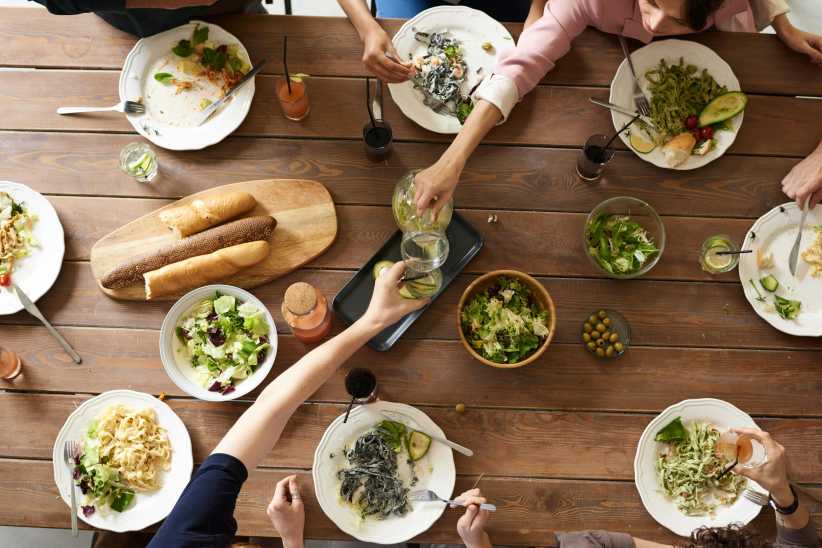I’m 32-weeks pregnant and anxiously awaiting the birth of my first child. My husband and I are both vegans, and we have decided to raise our future child on a diet free of any animal products. We are getting a lot of unsolicited opinions from family and friends — some people are saying it is extremely unhealthy to raise a baby without meat. Is this true? How can we ensure our baby will get required nutrients without any meat, dairy, or eggs?
It is absolutely possible for infants (and children) to get all the nutrition they need from a vegetable-based diet, but it does take some extra thought and planning.
As you probably know, breast milk is vegan. This liquid provides all the nutritional needs for infants in the first 6 months of life. It could be beneficial to vegan infants’ health to be breastfed longer than non-vegans since breast milk is such a great source of nutrients. If you can’t breastfeed or choose not to, try soy formula fortified with vitamins B12 and D, but avoid other plant-based milks due to their lack of protein.
As babies nurse less and start consuming more solid foods, parents need to make sure all of the nutrients necessary for proper development are being provided.
A baby’s first foods are typically fruits, veggies, and rice cereal — all of which are naturally vegan. Once your baby is ready for small pieces of solid food, you can introduce proteins such as tofu, tempeh, and soft-cooked beans. Just remember, vegan infants under 6 months should not be given any foods containing gluten, nuts, or seeds — including peanuts, peanut butter, and other nut spreads.
In addition to vitamins B12 and D, vegetarian and vegan diets are at risk of deficiency in a few other key nutrients — including protein, iron, zinc, and omega-3 fatty acids. To make sure your child gets needed amounts of iron, combine foods high in vitamin C (citrus fruits as well as many different fruits and vegetables) with foods containing iron. Cereals, grains, legumes, dates, prunes, raisins, and greens are rich in iron. The best vegan sources of calcium are sesame seeds, collards, broccoli, sea vegetables, and tofu. You can also get calcium-fortified orange juice and soy milk. It is just as important for vegans to go easy on sweets and processed foods as it is for everyone else.
To ensure that your baby gets enough of these key nutrients, you should also give him or her a vitamin supplement, in addition to choosing fortified cereals and juices. A pediatrician can help guide parents and offer supplements and healthy diet tips, if needed. For optimal health and nutrition, your baby’s vegan diet should also be well balanced and varied.













